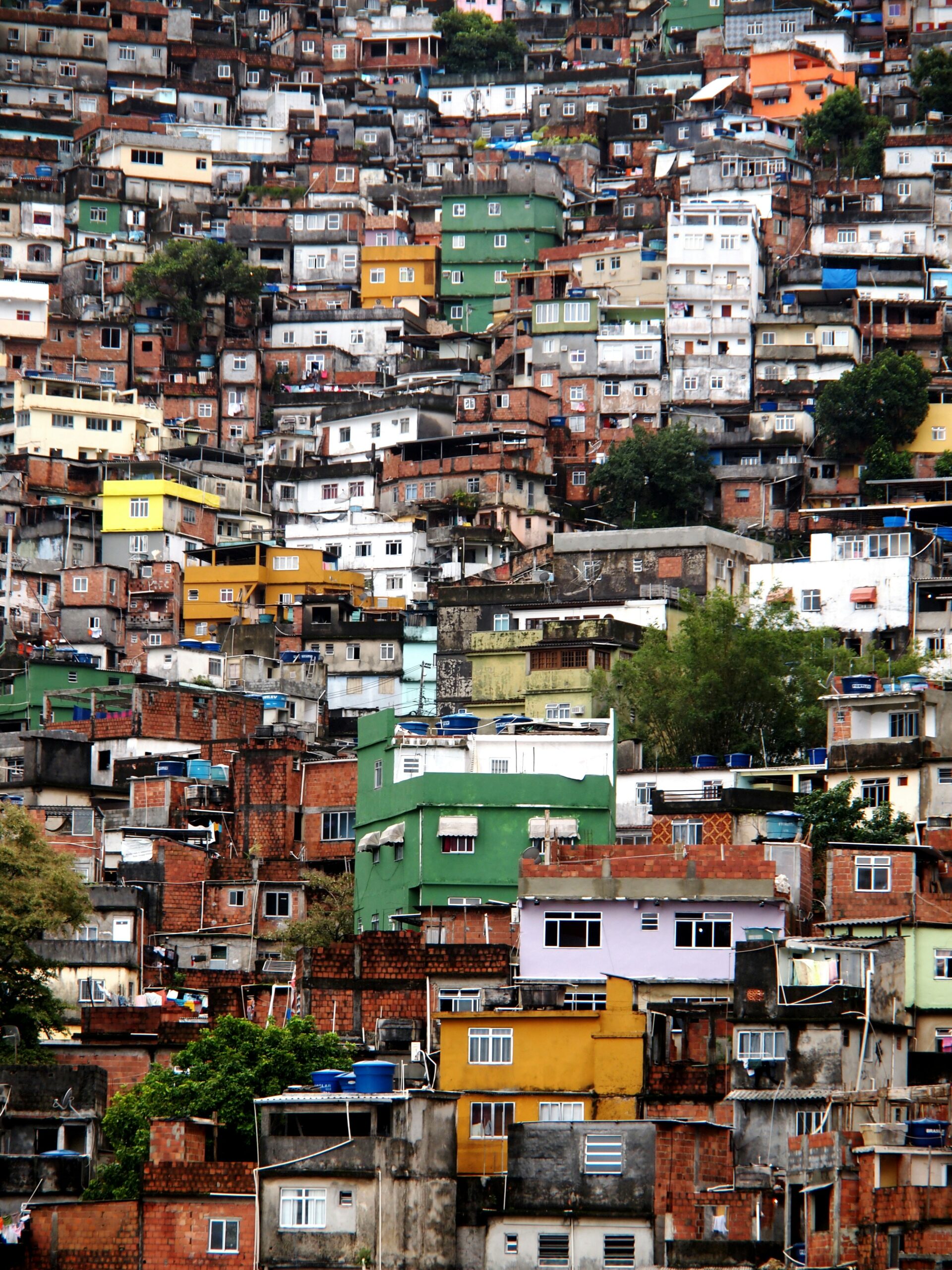
Equimundo Condemns Police Massacre in Rio de Janeiro
On October 28, Rio de Janeiro’s state police murdered at least 130 men in two of the city’s favelas. Equimundo stands with activists, politicians, the families of

On October 28, Rio de Janeiro’s state police murdered at least 130 men in two of the city’s favelas. Equimundo stands with activists, politicians, the families of
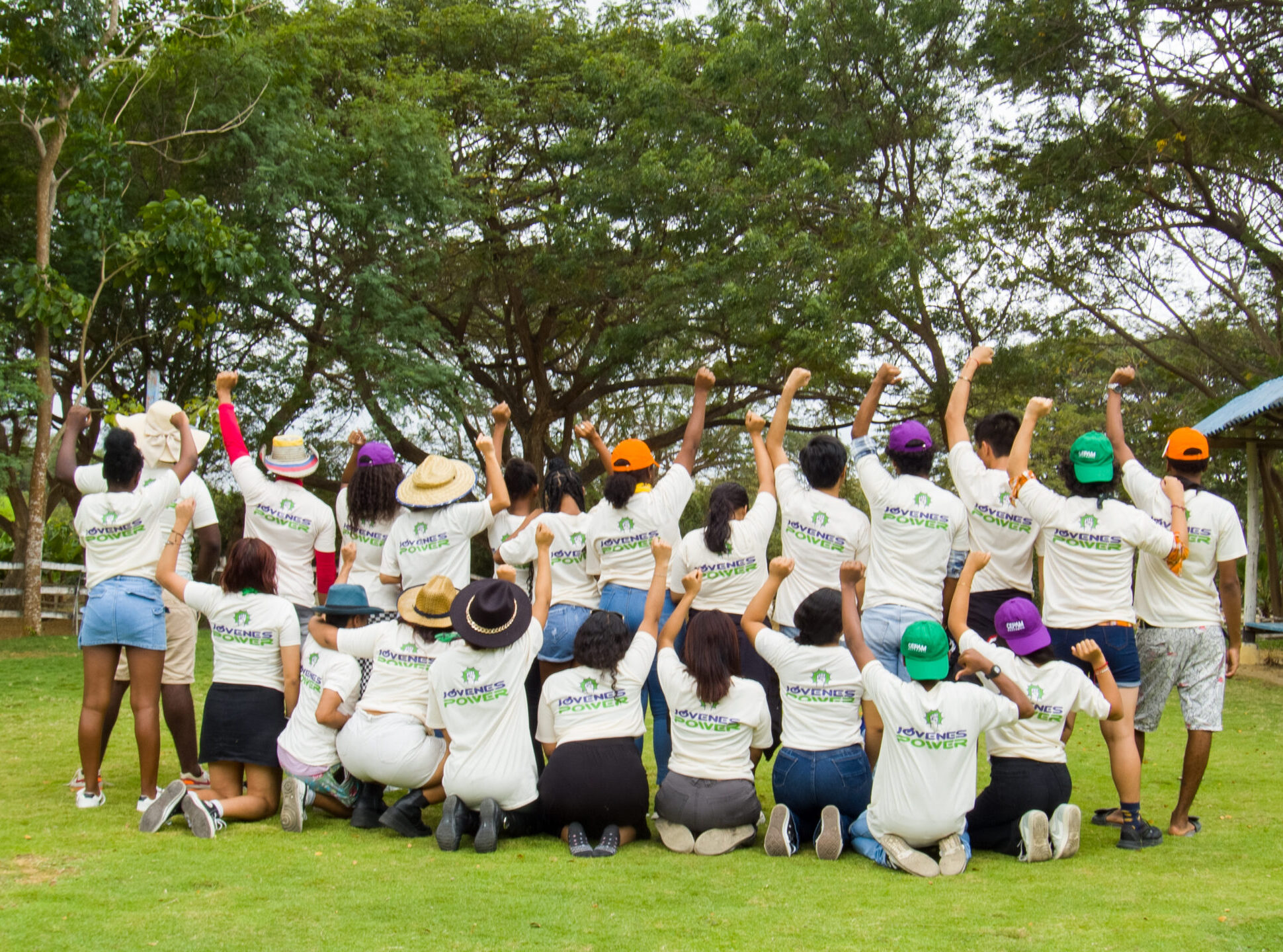
Co-created with and for youth, this manual contains everything you need to facilitate peer-to-peer processes in communities and schools that challenge harmful gender norms and promote relationships
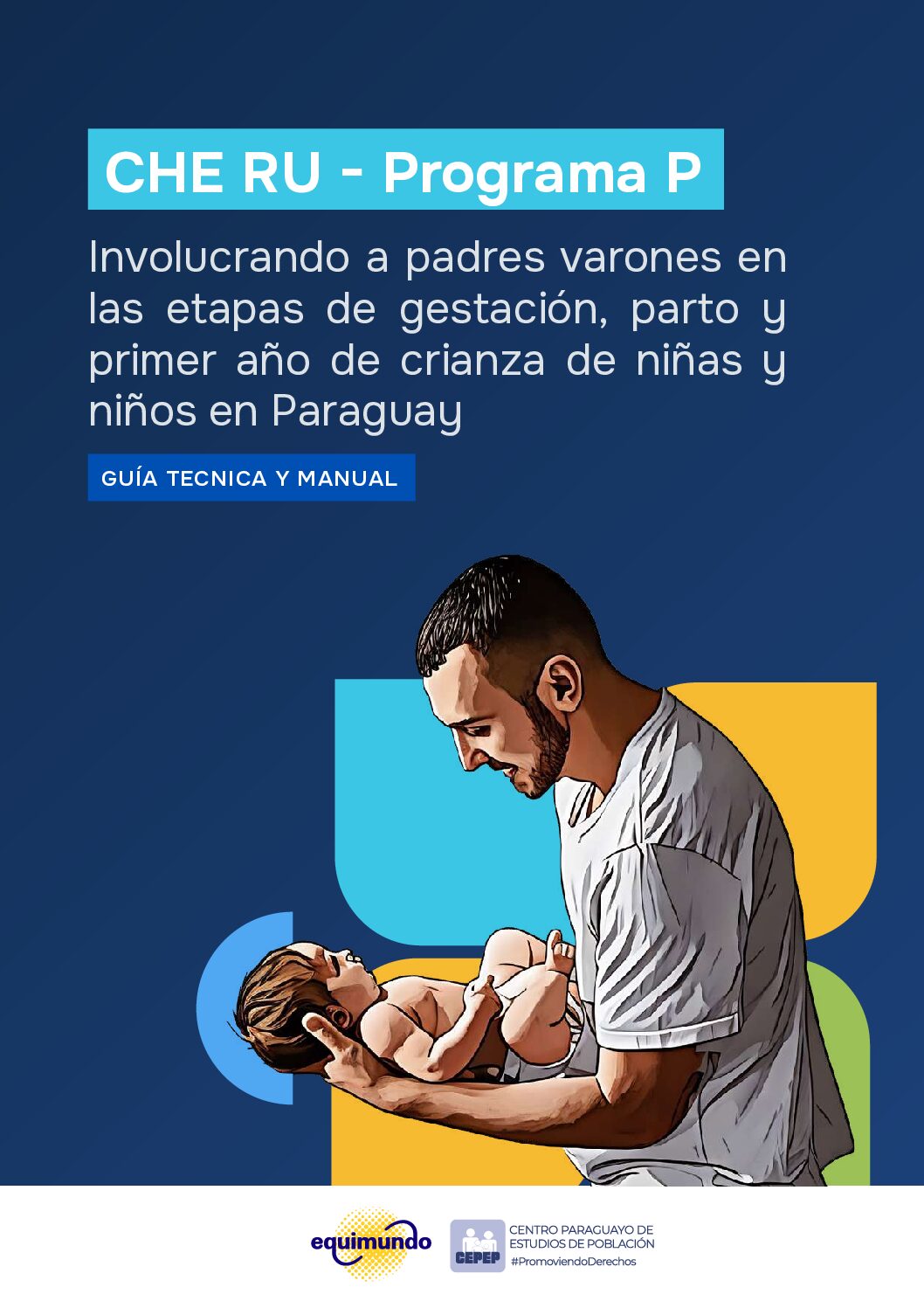
Che Ru, Programa P en Paraguay es una adaptación del Programa P. Está diseñado para implementarse en Paraguay.
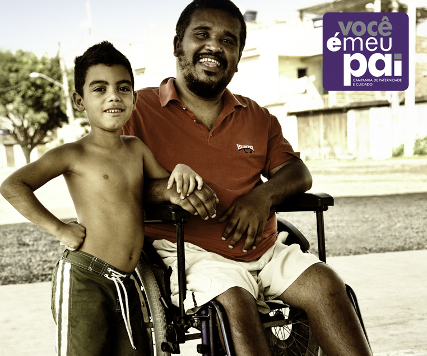
At Equimundo, we recently had the opportunity to host a discussion with Hardy Merriman, an expert in non-violent responses to authoritarianism. We asked Hardy what works to
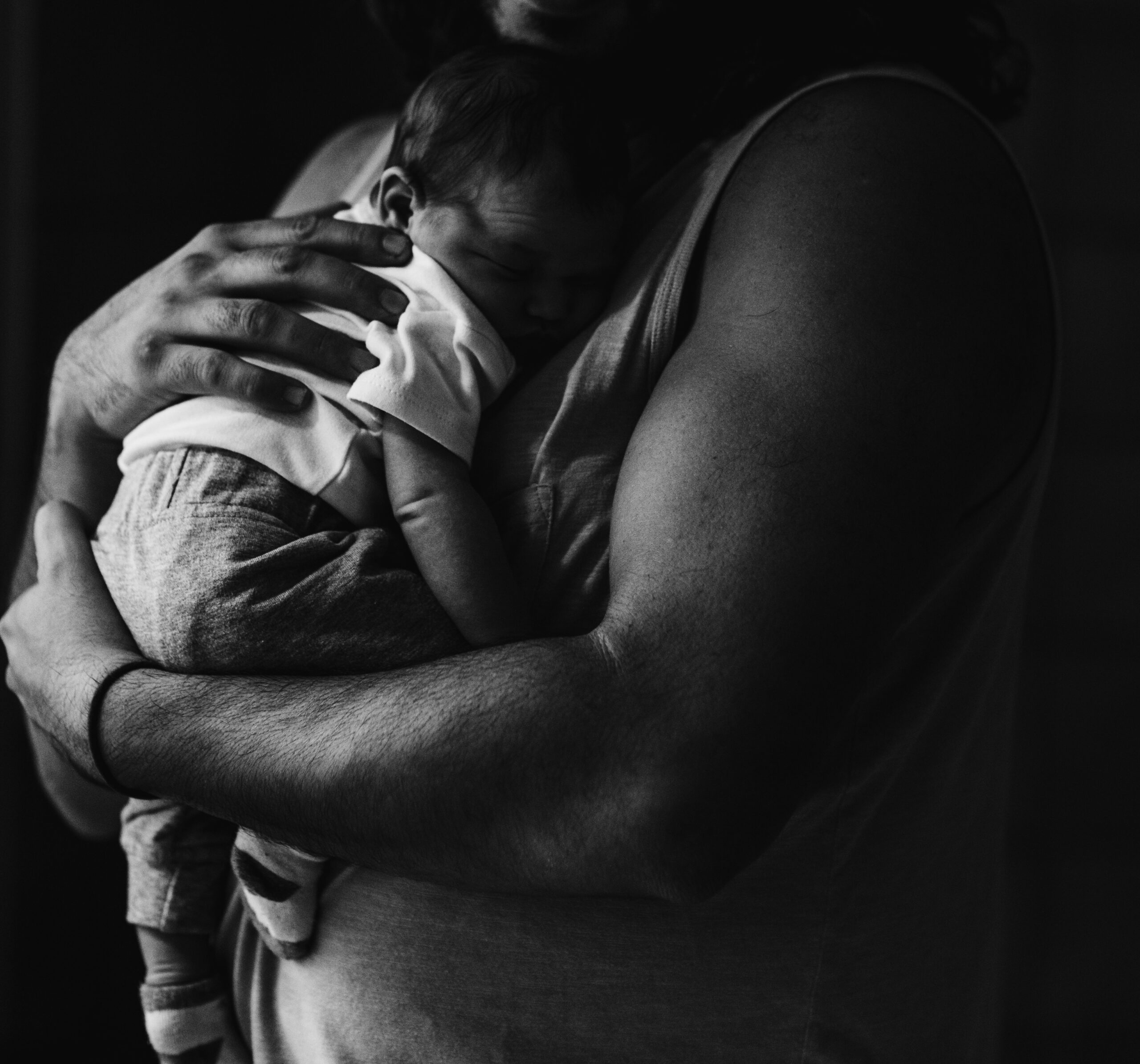
What do Program P participants – fathers and their partners – say about their experience with the program? Below, we’ve compiled a few quotes from participants in Program P adaptations in Lebanon and Bolivia.
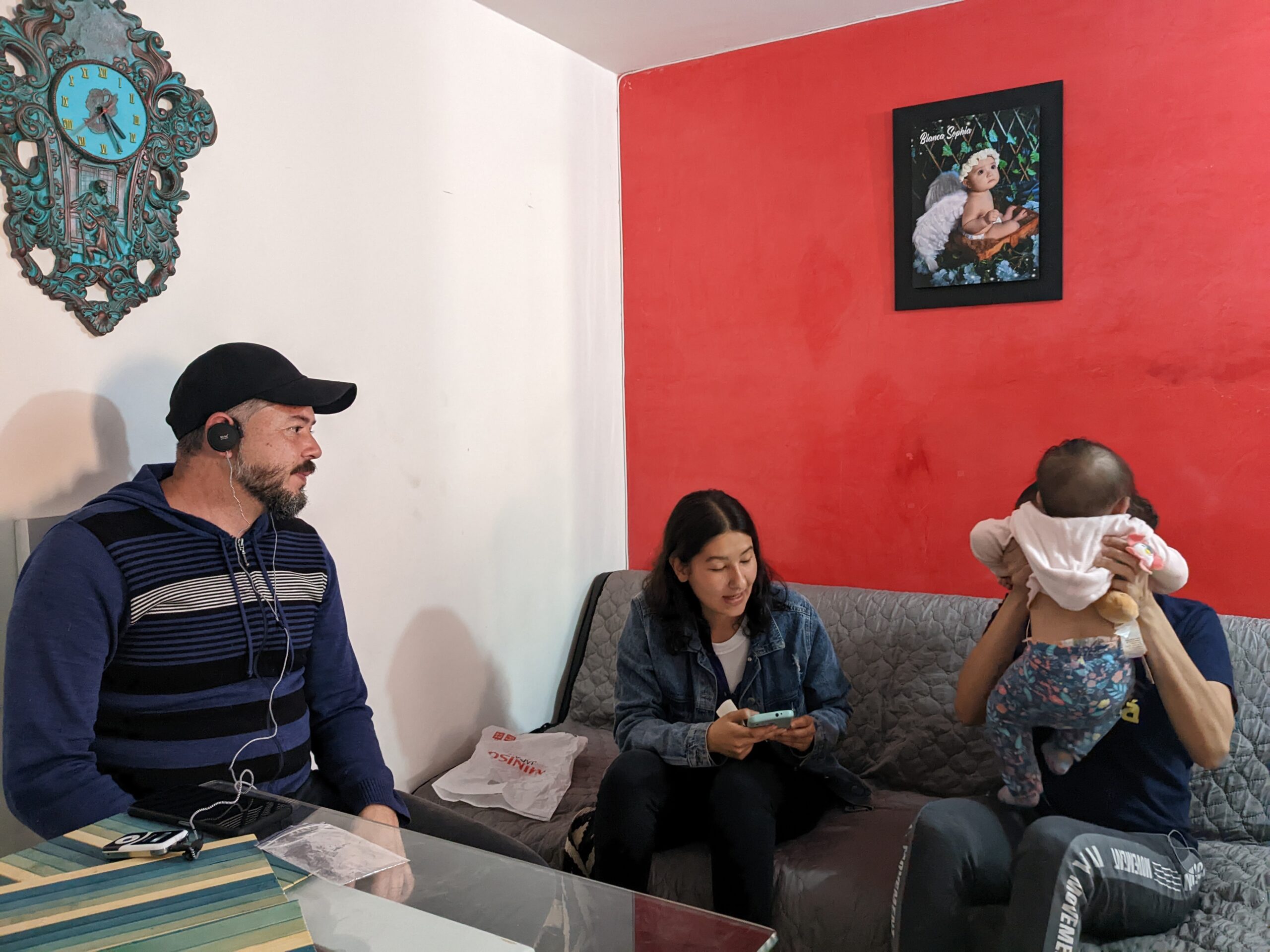
Digital strategies could be a promising modality to engage fathers as they have potential to create change – they are accessible, flexible, low cost, and easy to scale. We need to rethink our evaluation approaches to adequately measure how to measure engagement, success and impact in digital spaces.
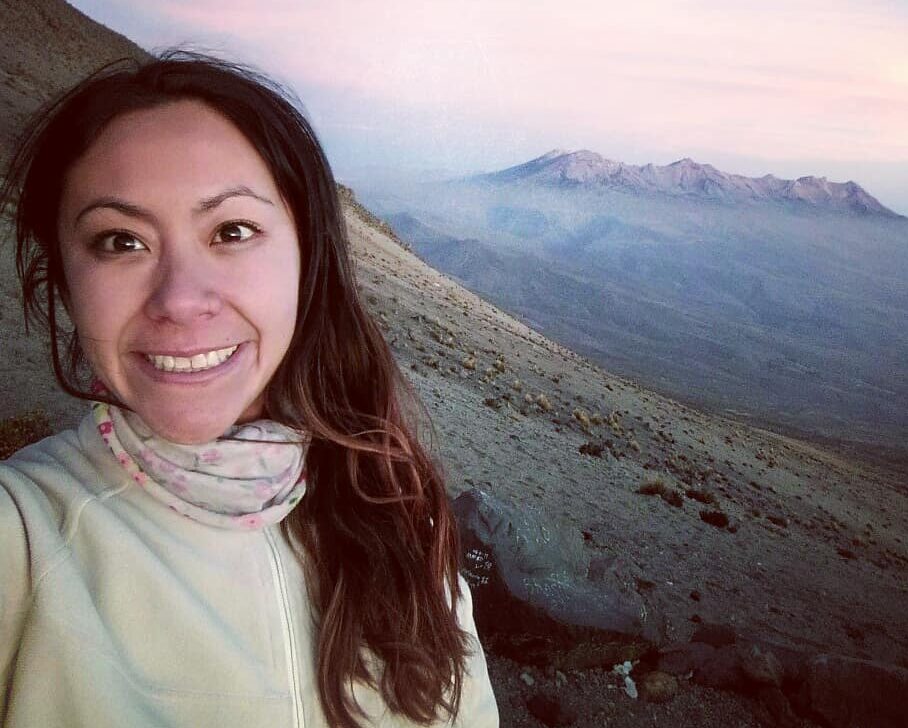
Tell us a bit about who you are and where you are based. I am Melissa, a Senior Program Officer at Equimundo and I am from Peru,
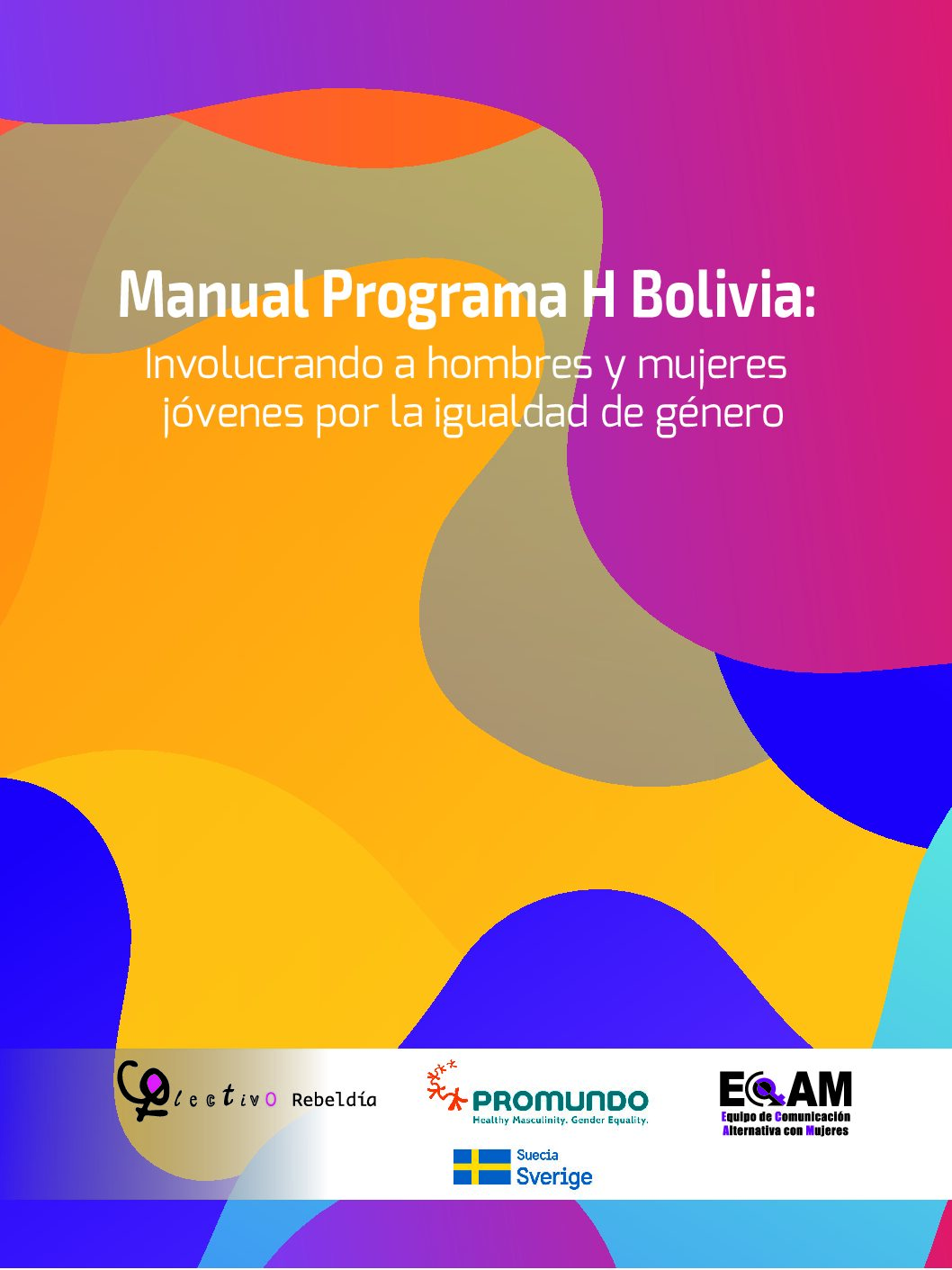
Beginning in 2019, Equimundo and local partners Colectivo Rebeldía and ECAM adapted, tested and conducted the first Bolivian implementation of Program H in Santa Cruz and Tarija,
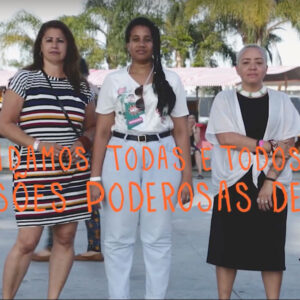
Equimundo presents WoW Visions: The Role of Men for Gender Equity, a partnership initiative that seeks to listen to and amplify the voices of women speaking on how men can work as allies in promoting gender equity.
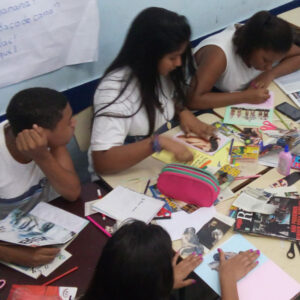
“I have confidence in myself now,” shares a female participant in the Youth Living Peace program in Democratic Republic of the Congo; “I have seen that girls can do a lot of things. Having the facilitators and talking with others girls helped me to choose my goals, to choose my friends better- those who will be good influence for me and my future.”
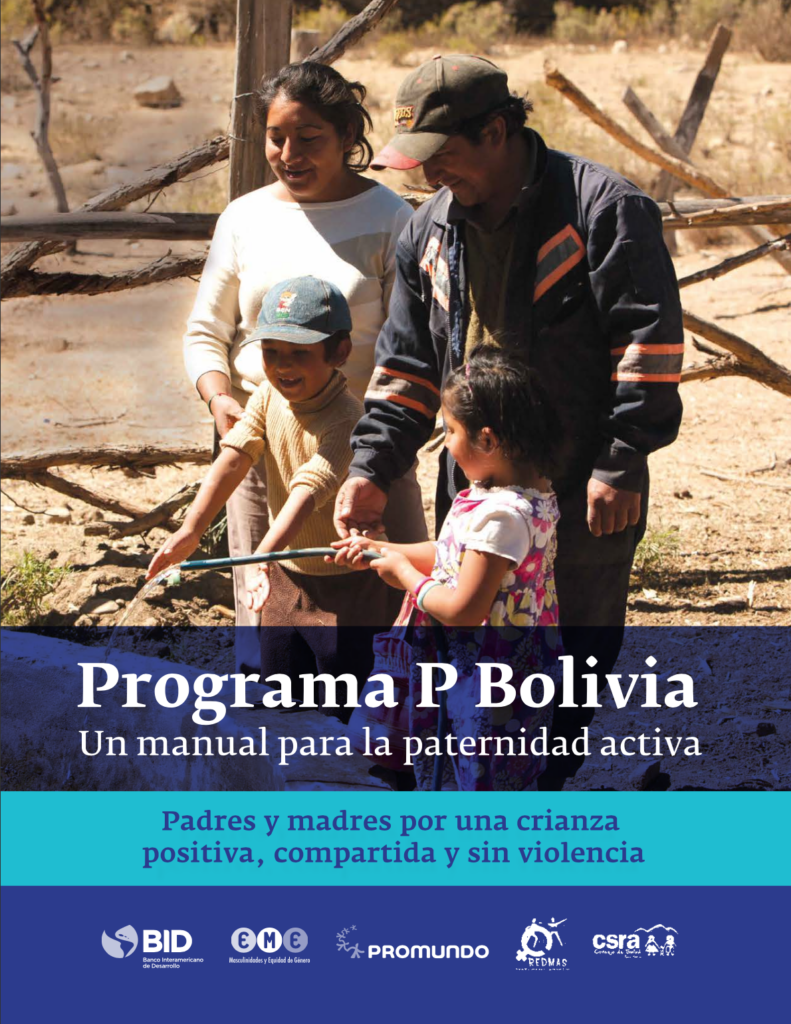
Program P (named after padre, the word for father in Spanish) is a gender-transformative, father-focused intervention that encourages male caregivers and their partners to challenge restrictive gender norms, learn new
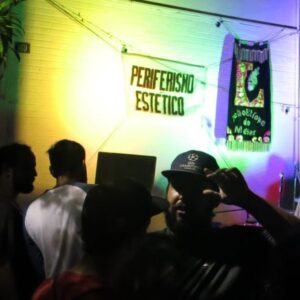
In recent decades, progress has been made toward recognizing and supporting initiatives to advance gender and racial equality, as well as toward addressing other forms of social inequality that intersect with sexism and racism, like class and religious discrimination.
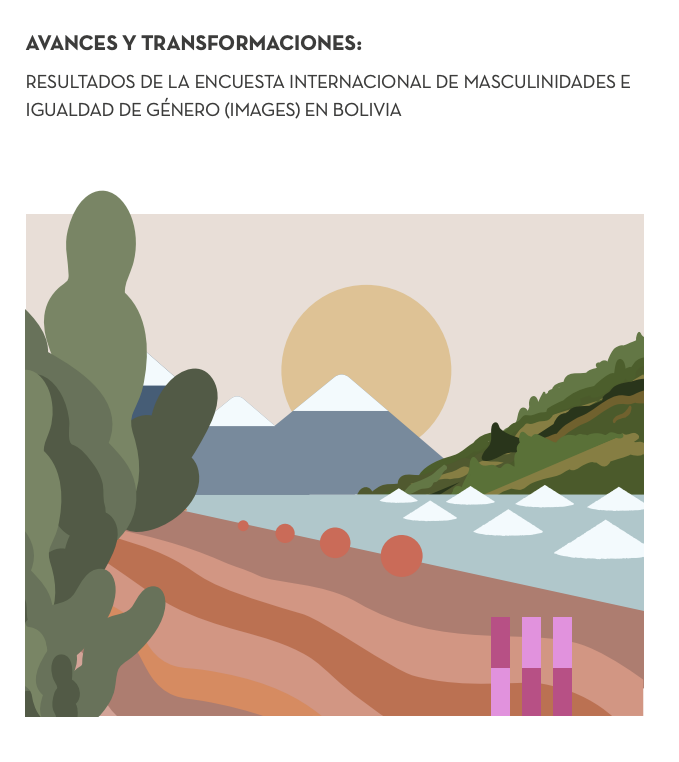
Between November 2017 and December 2021, Equimundo (Formerly Promundo-US) with the support of the Swedish International Development Cooperation (SIDA), implemented a multi-year, multiphase program to prevent violence



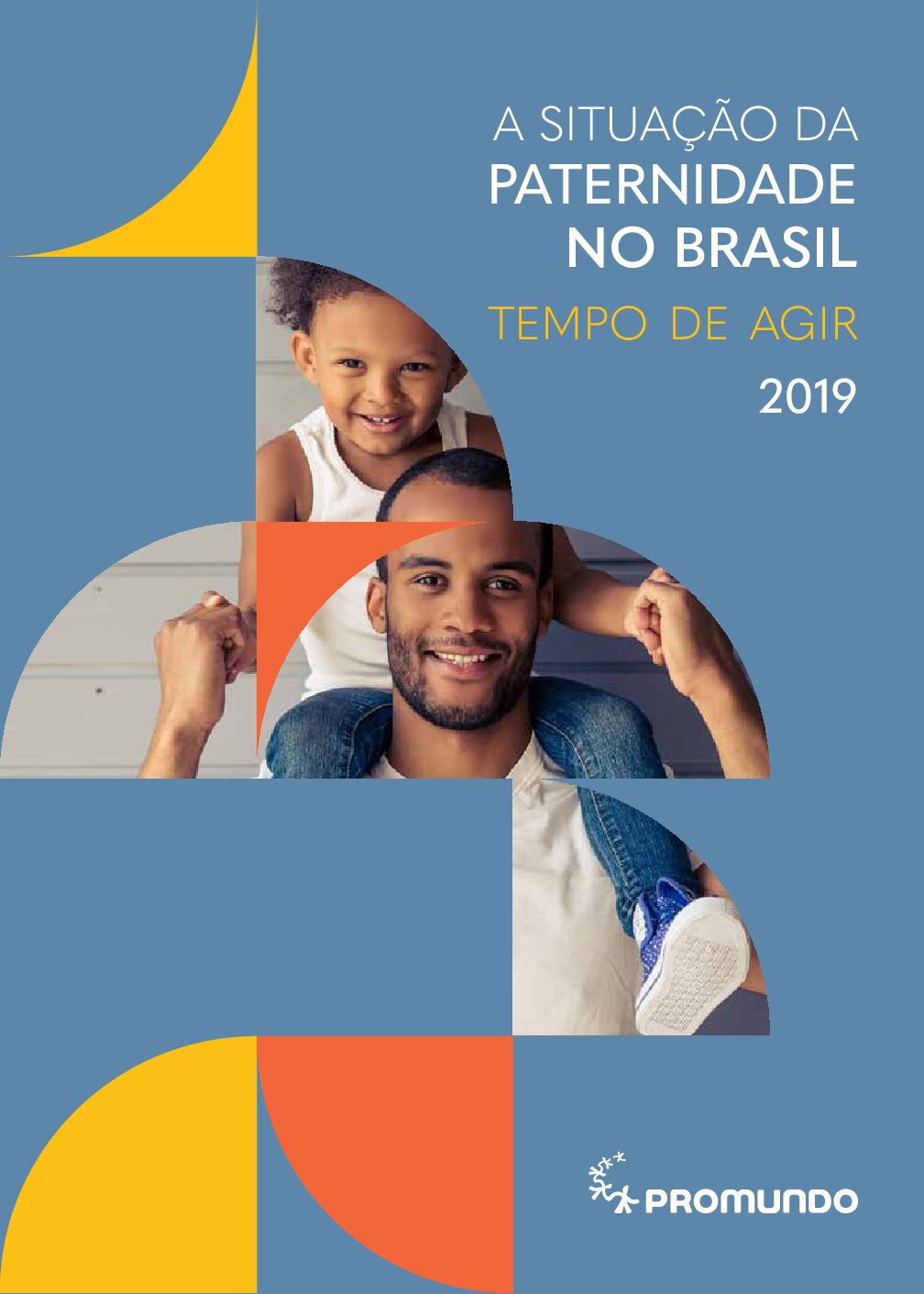
The State of Fatherhood in Brazil 2019: Time for Action is the second report of its kind in the country, which is part of the State of the World’s

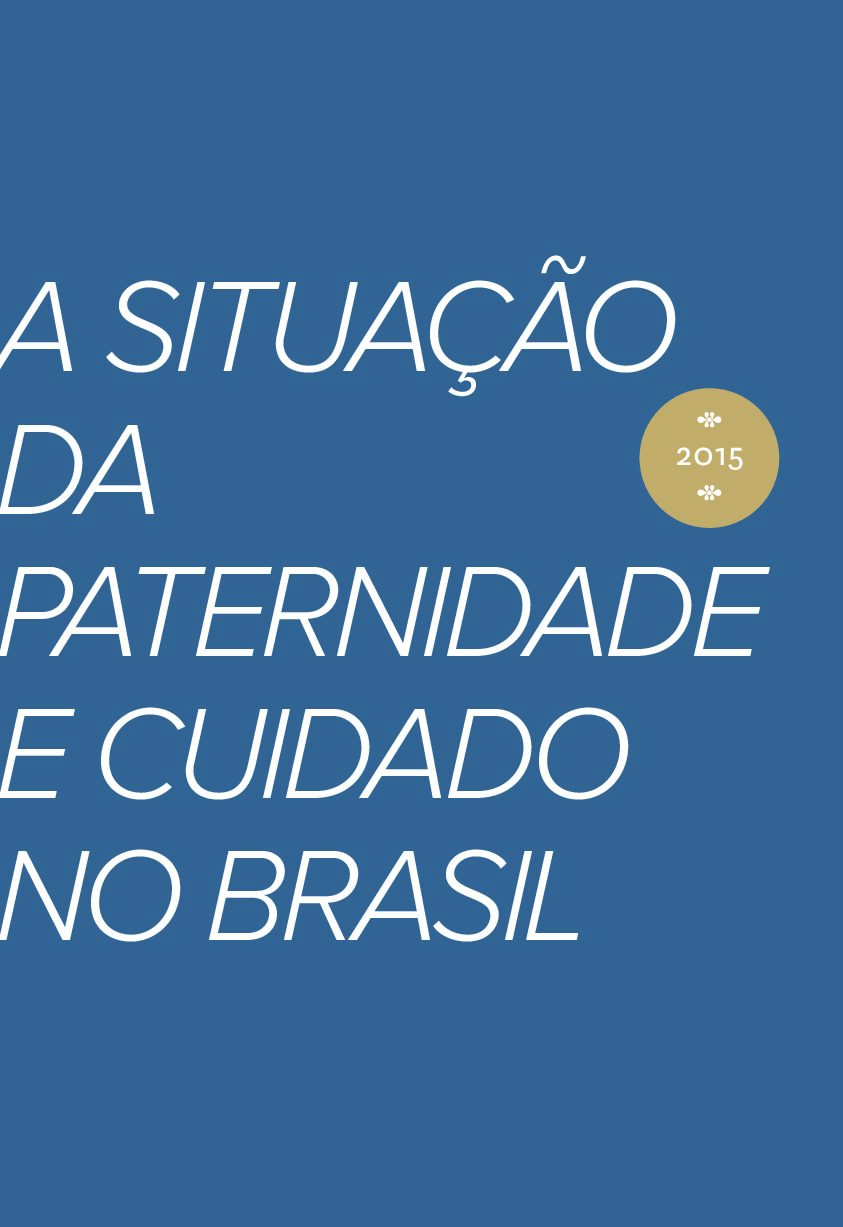
The State of Fatherhood and Caregiving in Brazil report presents an overview of fatherhood and caregiving in Brazil, including the country’s legislation related to paternity leave and examples


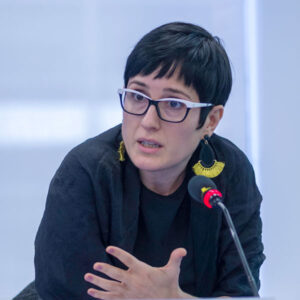
Child marriage and early unions are far more prevalent in Latin America than is generally understood: almost 30% of girls in Latin America and the Caribbean are
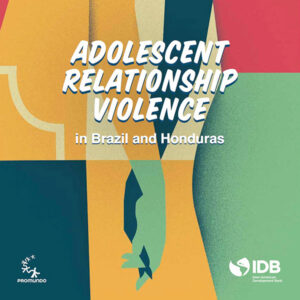
Romantic relationships are a common part of the adolescent experience in Latin America and the Caribbean. However, young people are forming relationships while they’re also trying to navigate their own sense of self, and the world around them, amidst limited prospects for education and employment, widespread rural poverty, and high urban violence.
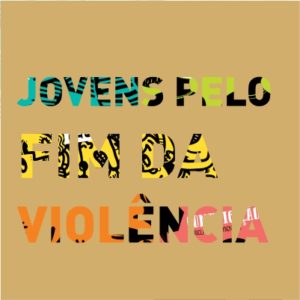
Succumbing to pressures from the conservative base of Brazil’s National Congress, the country’s Ministry of Education (MEC) is about to approve another setback to gender equity in schools. At the beginning of April 2017, it was proposed that the terms “sexual orientation” and “gender identity” be removed from the National Common Curricular Base (Base Nacional Comum Curricular, or BNCC) for elementary schools – the guideline for classroom content in Brazil.